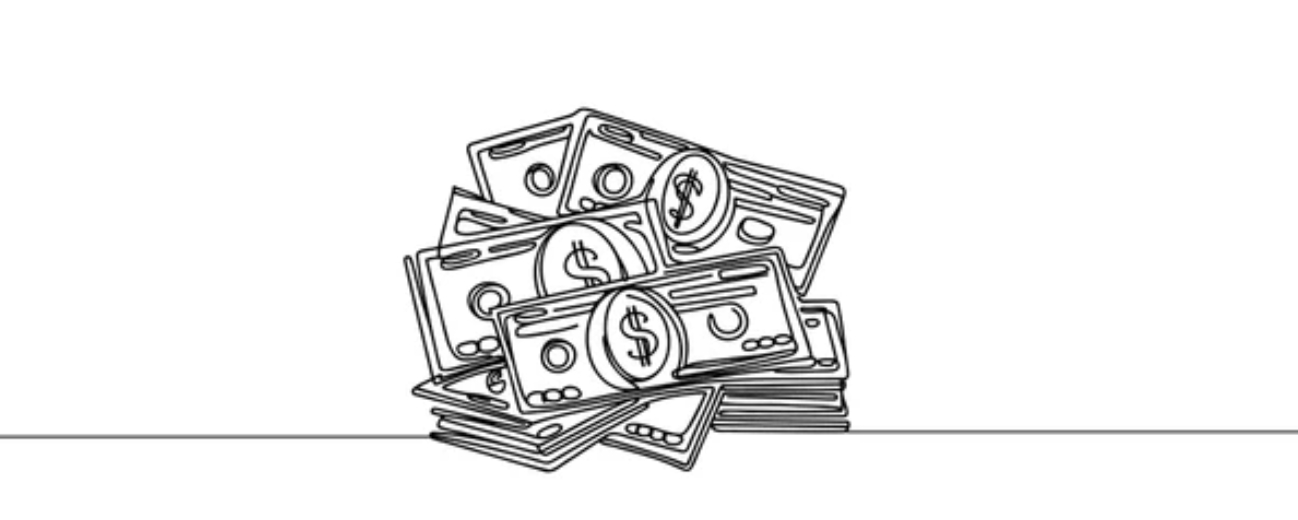- Gold slides below $5,000 amid USD uptick and positive risk tone; downside seems limited
- Gold declines to near $4,850 as low liquidity, easing tensions weigh on demand
- Gold weakens as USD uptick and risk-on mood dominate ahead of FOMC Minutes
- Gold rises above $4,950 as US-Iran tensions boost safe-haven demand
- Gold drifts higher to $5,000 on heightened US-Iran tensions
- Top 3 Price Prediction: Bitcoin, Ethereum, Ripple – BTC, ETH and XRP face downside risk as bears regain control

Insights - As inflation eases and signs of recession appear, the market widely expects the European Central Bank (ECB) to make its second rate cut of 2024 at the September meeting.
David Adams, head of G10 foreign exchange strategy at Morgan Stanley, stated that he expects the euro to drop to 1.02 against the U.S. dollar by year-end, reflecting a 7% depreciation from current levels. This outlook hinges on the ECB continuing to cut rates in its next three meetings, potentially by 50 basis points.
"There is plenty of scope for the market to refocus on the fact that the ECB could be cutting deeper and faster than what is currently priced," said Adams, who formerly worked at the Federal Reserve Bank of New York.
This bearish sentiment on the euro is the most pessimistic among currency analysts surveyed by Bloomberg, while others expect the euro to appreciate to 1.11 USD by year-end.
Currently, the EUR/USD exchange rate is at 1.1038, a 3% increase this year. However, Adams has recommended short positions on euro-dollar options since February, believing the upcoming U.S. elections could strengthen the dollar. Rising political uncertainty in Europe, particularly in France and Germany, adds to his bearish outlook on the euro.
The Path to Rate Cuts Remains Complex
Rate cuts can lower financing costs and stimulate investment, but they may also increase imported inflation pressure and risk asset bubbles.
In August, the eurozone's service sector inflation rate was 4.2%, with core inflation at 2.8%. Rapid rate cuts could heighten the risk of inflation rebounding.
Germany's GDP contracted in Q2, raising recession concerns. Slow rate cuts may hinder the chances of a soft landing.
A Reuters survey from August 30 to September 5 indicates a 30% probability of recession in the eurozone over the next two years, showing little change since the start of the year.
Read more
* The content presented above, whether from a third party or not, is considered as general advice only. This article should not be construed as containing investment advice, investment recommendations, an offer of or solicitation for any transactions in financial instruments.



